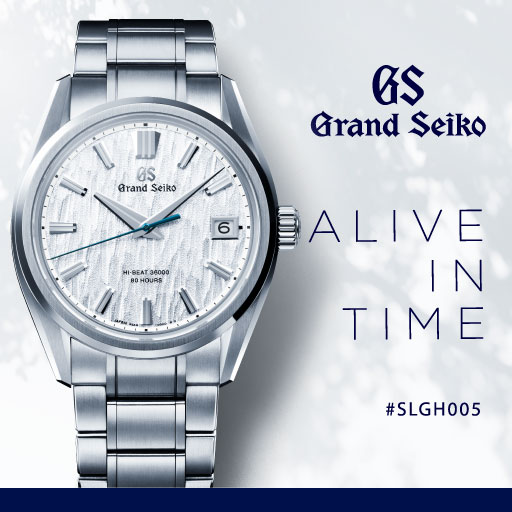EXHIBITION
Junko Sato Photography Exhibition “A Moment of Life”
The Nippon Club is pleased to hold an exhibition of photographs by Junko Sato who has depicted a traditional rural Japanese puppet theater for 30 years. Her exhibition entitled “A Moment of Life”, is about the puppets of the theater at the Inugai Farmers village in Katsuura, Tokushima Prefecture on Shikoku Island.
Bunraku, one of Japan’s traditional performing arts, has existed since the early-Edo period. It is also known as the puppet theater, which is in part, for showing emotions beyond time and space.
The farmer puppeteers pass down their skills from generation to generation. These master artists seem to bring life and breath, as well as soul, to the characters. After each performance, the puppets are placed back in their boxes where they rest until they come to life again at the next show. In these photos, Ms. Sato captures the puppets, moment by moment, during their time on stage.
This puppet theater has existed for nearly 200 years in this small farm village on Shikoku. Ms. Sato said: “I hope to introduce a traditional Japanese performing art that has been unchanged and deeply tied to a local rural area. I also hope to exhibit a very brief moment of the puppets’ lives through my photos and that it appeals to people in New York. These 41 photos by Ms. Sato were developed by herself in a darkroom.
Please enjoy the charm of this Japanese puppet theater.
Junko Sato
Born in 1937. She studied photography under the late Koro Honjo. In 1984, she encountered the puppet theater on the farmers’ village stage. It was then that Ms. Sato started to take photographs for nearly three decades. In 2003, she held a four month solo exhibition at Zurich University Museum of Ethnology in Switzerland.
In 2011, Ms. Sato’s work rotated in a photo exhibition of contemporary Japan in conjunction with the Moegi group, members of which she instructs. It was organized by Gallery Sato in Switzerland.
Her other major works include:Views of a polluted copper refinery site; A pictorial record of recycled wreckage and scrap from the Great Hanshin-Awaji Earthquake of 1995 that was used in works by artists around the world; A record of a deserted primary school built in 1918 in Kobe; A photographic record of the indigenous Ainu people of Japan.
Two works in Kobe are in the permanent collection of the Kobe City Government and have been shown in more than 20 exhibitions, including in Osaka, Tokushima, Tokyo, Kanazawa, and Kobe.
In 2013, Ms. Sato helped start an appreciation group for the Japanese classic tradition. It offered a Noh chant of Semimaru and a Noh flute to Semimaru Shrine in Shiga Prefecture. It also organized a remembrance of Semimaru, who lived about 1300 years ago.
| Period | 9/14 (Thu)-9/20 (Wed) |
|---|---|
| Hours | Mon-Fri: 10:00 am – 6:00 pm Sat: 10:00 am – 5:00 pm Sun: Closed |
| Location | The Nippon Gallery at The Nippon Club 145 West 57th St., 7th Floor, New York, NY 10019 |
| Admission | Admission: Free |
| Detail |





